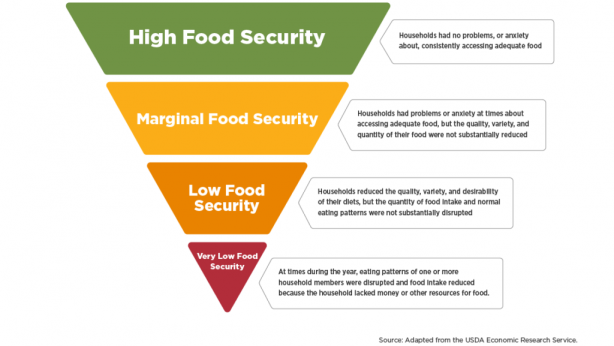February is also Pet Dental Health Month
Proper dental care can detect dental disease that not only affects the mouth, but can also lead to more serious health problems such as heart, lung, and kidney disease. Good dental hygiene is just as important for pets as it is for humans. Yet, it is one of the most overlooked areas in pet health.
|
Q.
|
Is there a physical sign that my pet has a dental problem?
|
|
A.
|
Pets’ breath isn’t normally great smelling, but if it becomes particularly offensive, it could be a sign of a serious oral problem. Other signs include excessive drooling, loose teeth, tumors on the gums, and cysts beneath the tongue.
|
|
Q.
|
What’s the best way to brush a dog’s teeth?
|
|
A.
|
Use a brush or wrap your finger in gauze and hold it at a 45-degree angle to the teeth. Using small, circular motions, work in one area of the dog’s mouth at a time. Be sure to lift the dog’s lip if necessary to reach the teeth. Since the most tartar builds up on the tooth surfaces that touch the cheek, concentrate there and finish up with a downward stroke on the teeth to remove tartar. Your dog may not let you clean the backside of its teeth, but don’t worry about it because very little tartar builds up there.
|
|
Q.
|
Is there anything else I can do to help my dog’s oral health?
|
|
A.
|
Provide chew toys that help massage your pet’s gums and keep their teeth clean. Ask your veterinarian to recommend toxin-free chew toys. An added benefit of chew toys is their ability to reduce your dog’s stress level, eliminate boredom, and give pets an outlet for their desire to chew.
|

